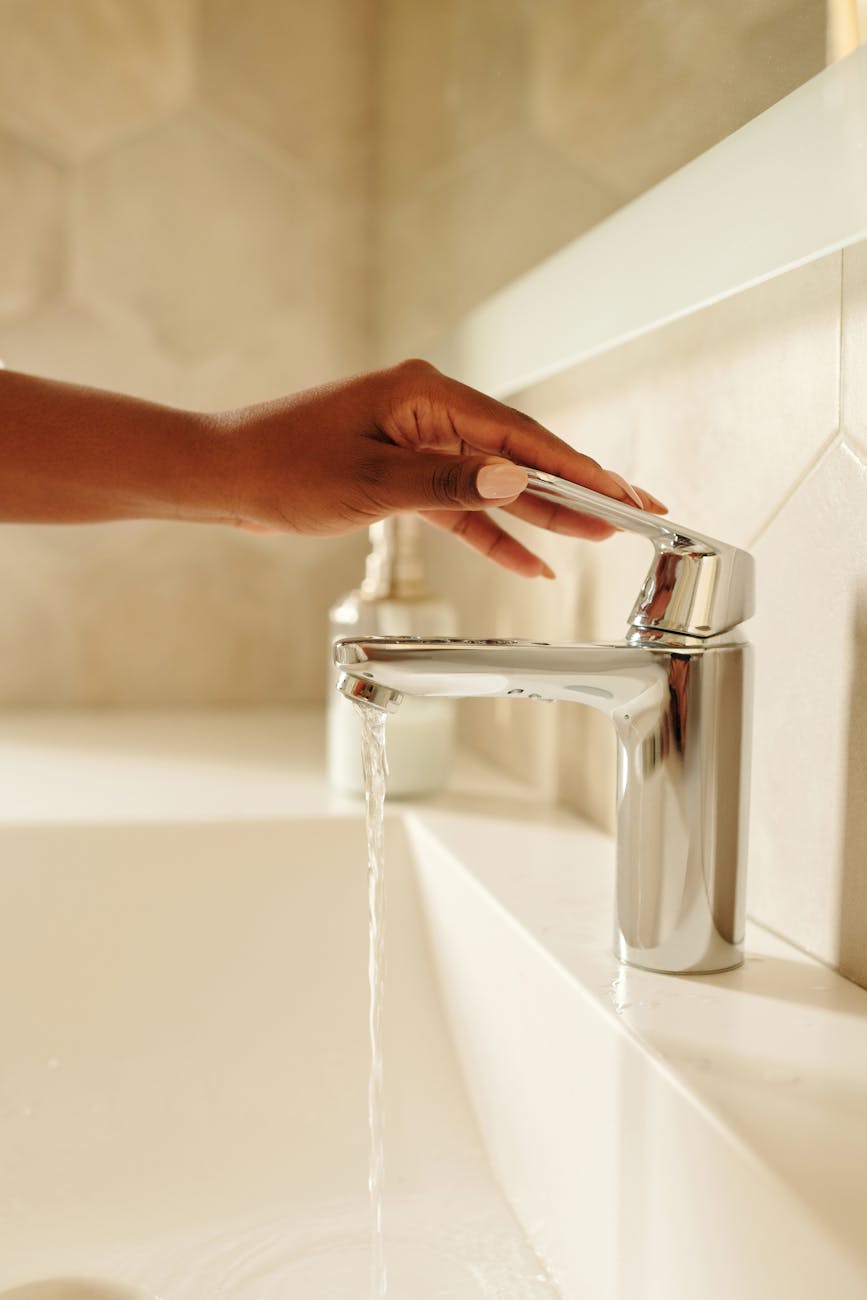
Access to clean and safe drinking water is fundamental for maintaining health and well-being. However, many households may unknowingly face contamination risks that can compromise water quality. Comprehensive water testing is essential in identifying and mitigating these risks, ensuring the water you and your family consume is safe and healthy. Here’s what water testing reveals and why it’s critical for every home.
Common Contaminants Found in Water
Water contamination can arise from various sources, including natural deposits, agricultural runoff, industrial waste, and aging infrastructure. Here are some of the most common contaminants comprehensive testing can detect:
- Microbial Contaminants: These include bacteria, viruses, and parasites such as E. coli and Giardia, which can cause severe gastrointestinal illnesses.
- Heavy Metals: Elements like lead, arsenic, and mercury can leach into water from pipes or soil, posing long-term health risks.
- Chemical Pollutants: Pesticides, herbicides, and industrial chemicals can infiltrate water supplies, particularly in agricultural or industrial areas. Learn more about these risks on the EPA’s Water Contaminants page.
- Hardness Minerals: High levels of calcium and magnesium cause water hardness, which can affect appliances and plumbing systems. Learn about water hardness and its impact.
- pH Levels and Alkalinity: These factors impact the taste and corrosivity of water, with extreme levels potentially indicating other underlying issues.
Why Regular Water Testing Matters
- Protects Your Health: Undetected contaminants can lead to acute and chronic health problems, including developmental issues in children, neurological damage, and cancers. Visit the CDC’s Drinking Water Page for more information.
- Prevents Plumbing Damage: Corrosive water can erode pipes and fixtures, potentially leading to costly repairs and additional contamination.
- Improves Taste and Odor: Testing identifies factors affecting water’s taste, smell, and appearance, enabling corrective measures for a more pleasant experience.
- Compliance with Regulations: Homeowners relying on private wells are responsible for ensuring water quality meets safety standards, unlike municipal supplies that are regularly tested. Learn more about private well water safety.
The Water Testing Process
At North Star Environmentals, our comprehensive water testing services involve:
- Collecting samples from multiple points in your water system.
- Laboratory analysis for a wide range of potential contaminants.
- Detailed reporting with actionable recommendations based on the results.
Steps to Take After Testing
If testing reveals contaminants, there are effective solutions available, such as:
- Installing water filtration systems tailored to address specific issues. Read about water filtration systems.
- Regularly maintaining and servicing your filtration systems.
- Addressing the source of contamination, such as replacing old pipes or improving septic system management.
Safeguard Your Water Today
Clean water is not a luxury—it’s a necessity. Comprehensive water testing provides peace of mind and ensures your family’s health and safety. At North Star Environmentals, we’re committed to helping you achieve and maintain the highest water quality standards. Schedule your water testing appointment today and take the first step towards a healthier home.
